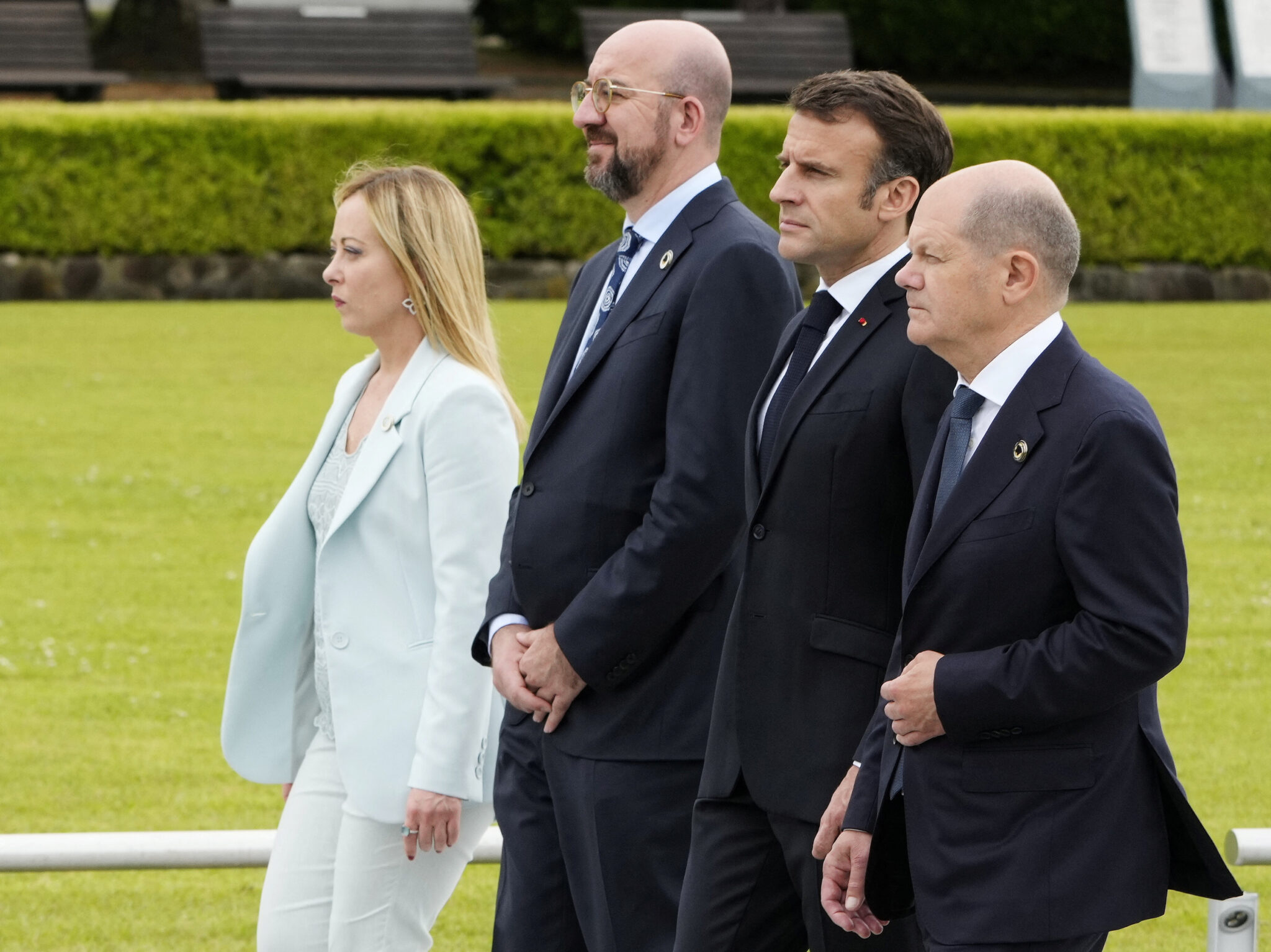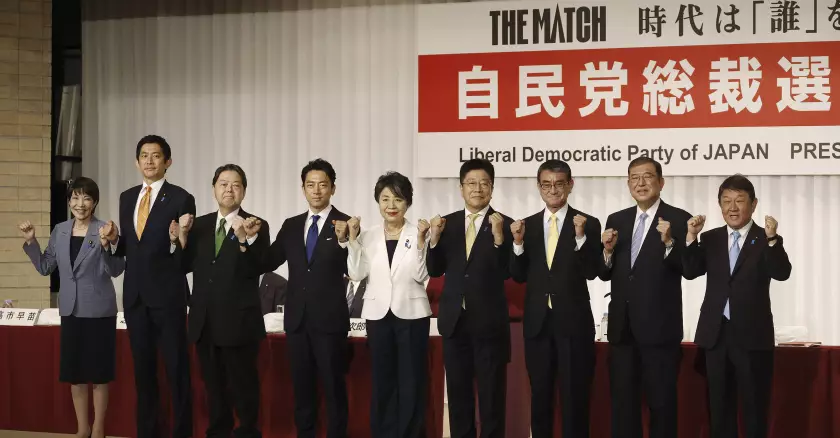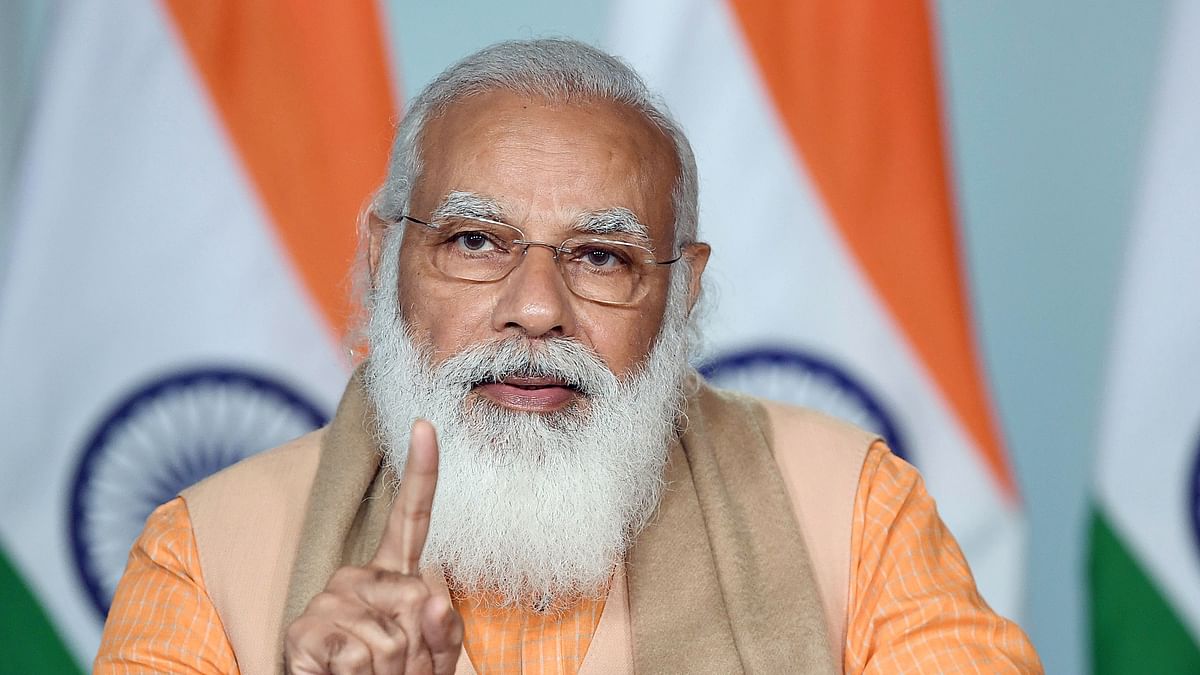How can Giorgia Meloni successfully hold Italy’s G7 presidency in 2024?

Set up in the 1970s to enable the then world’s most advanced economies to coordinate their positions on major economic and financial issues, the G7 is still an important meeting place for its members, who can coordinate their positions at the several ministerial meetings leading up to the summit of heads of state, in order to gain greater influence in regional – EU, OECD – or universal – UN, IMF, WTO, World Bank – global governance bodies.
This format is increasingly contested. Whereas it represented 66% of the world’s wealth in 1975, it accounted for just 45% in 2019. Moreover, in a world fractured along ideological lines, the G7 has gradually extended its scope to include the question of values, posing as the promoter of liberal democratic systems, a phenomenon reinforced by the war in Ukraine and the increasingly acute rivalry between the USA and China.
This situation has led to the emergence of alternative formats, such as the BRICS, whose members represent 30% of the world’s wealth and 40% of its population. The agenda of its last summit in South Africa was a good reflection of its promotion of a post-Western vision of the world: questioning the dollar, South-South cooperation, denunciation of Western sanctions, including against both Russia and Iran, whose application to join the BRICS has been accepted.
At a time when the G20, which brings together the member countries of both the G7 and the BRICS, is struggling to produce consensual results on the major issues of global governance – from global economy to international security, from climate change to digital governance – the G7 is no longer just a forum for Western coordination, it is also a kind of defense format for the West, its priorities and its vision of the world.
Against this backdrop, Italy’s room for manoeuvre on the agenda appears limited. Not only is Italy the smallest economy in the G7, just behind Canada, but it is also led by Giorgia Meloni, who comes from a political party isolated among the G7 countries. Against a backdrop of the G7’s tightening around a value agenda, this is certainly not a very comfortable position. But it’s also an opportunity to pursue a policy of political normalization.
To this end, the Italian presidency may first seek to follow in the footsteps of the Japanese presidency of the G7 in 2022, which was marked by the Indo-Pacific priority, the resilience of global value chains, both technological and agricultural, and the demand for denuclearization of the world, at a time when the war in Ukraine had just broken out, awakening the spectre of the use of nuclear weapons.
In the Indo-Pacific region, which is the subject of much geostrategic speculation, Italy will be able to take advantage of the G7 to confirm its distance from China, by notifying its wish not to renew its formal membership of the Belt and Road initiative, much to the satisfaction of Washington, which is concerned about the compactness of the Western bloc in its rivalry with Beijing.
President of Council Giorgia Meloni could also take advantage of this G7 to give Washington, and the NATO allies, new reassurances with regard to Russia, to which a section of the Italian political class has regularly expressed its closeness, following in the footsteps of Berlusconi, but also more recently of Meloni’s Deputy Prime Minister Matteo Salvini, who has visited Moscow several times since the annexation of Crimea by Russia in 2014.
Once these signals sent, it will be easier for Giorgia Meloni to draw the attention of her partners to one of her priority issues, immigration, on which she must rapidly demonstrate tangible progress to her electorate. This concern has led to a certain activism in the Mediterranean – with mixed results so far – but also to significant investment in Africa, whose development is a necessary condition for its security, and therefore for curbing illegal immigration into Europe.
The choice of holding the summit of heads of state in Puglia in June 2024, a historic land of cultural and human exchange in the Mediterranean, is certainly not insignificant. But will Giorgia Meloni succeed in convincing her allies to adopt her “Mattei Plan” for Africa, named after the former founding chairman of ENI, the driving force behind Italian development policy in Africa? In the end, the success of Italy’s presidency of the G7 in 2024 will probably be judged primarily by this yardstick.





